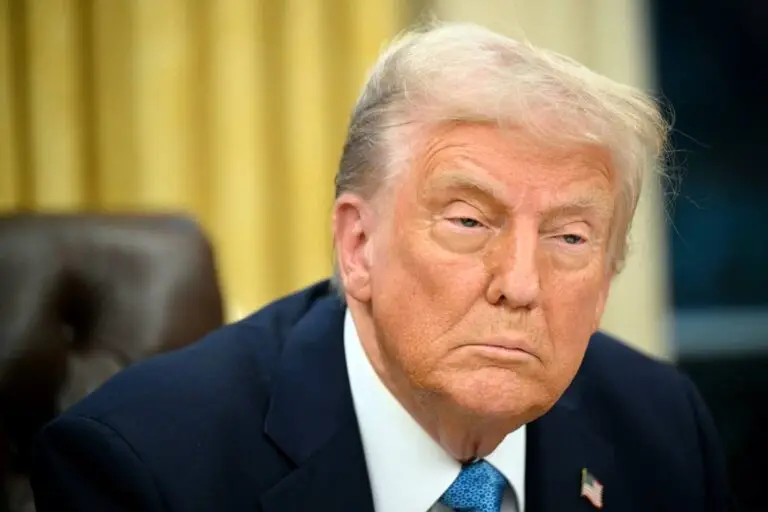NEW YORK, USA – In a bold display of economic activism, members of the Jamaican diaspora in the United States are joining a national spending boycott, leveraging their purchasing power to demand corporate accountability.
The boycott, organized by advocacy group The People’s Union USA, encourages a 24-hour pause on all non-essential spending, specifically targeting major retailers and fast-food chains. Organizers argue that corporate America has failed to uphold principles of Diversity, Equity, and Inclusion (DEI), necessitating direct action from consumers.
A Different Kind of Protest
Unlike traditional street demonstrations, this movement seeks to disrupt cash flow, hitting corporations where it hurts most—their bottom line. Participants are encouraged to bypass digital transactions and major retailers in favor of small, locally owned businesses.
Jamaicans across multiple states have rallied behind the cause. “This is not just about one policy shift—it’s about making sure our voices matter in economic spaces,” said Florida-based Dr. Allan Cunningham, a former leader of the Global Jamaica Diaspora Council.
For Patrick Callum, a Jamaican-American professional in New York, the boycott is a wake-up call. “Corporations will listen when profits are affected,” he said. “We need to remind them that diversity is not just a buzzword—it’s a business imperative.”
The Power of the Purse
Boycotts have long been a strategy for social change, dating back to the civil rights movement and beyond. This latest initiative is part of a larger push to challenge corporate policies that activists say have sidelined marginalized communities.
With more targeted boycotts planned for companies like Amazon and Walmart in the coming months, the movement signals a growing trend of financial activism.
“What we choose to buy—or not buy—has power,” said Mark Millward, editor of the Caribbean American Diaspora newspaper. “This is about shifting priorities and demanding accountability from the institutions that rely on our money.”
Whether this effort will lead to tangible corporate policy changes remains to be seen. But one thing is clear—Jamaicans in the U.S. are ready to use their wallets as a tool for change.






